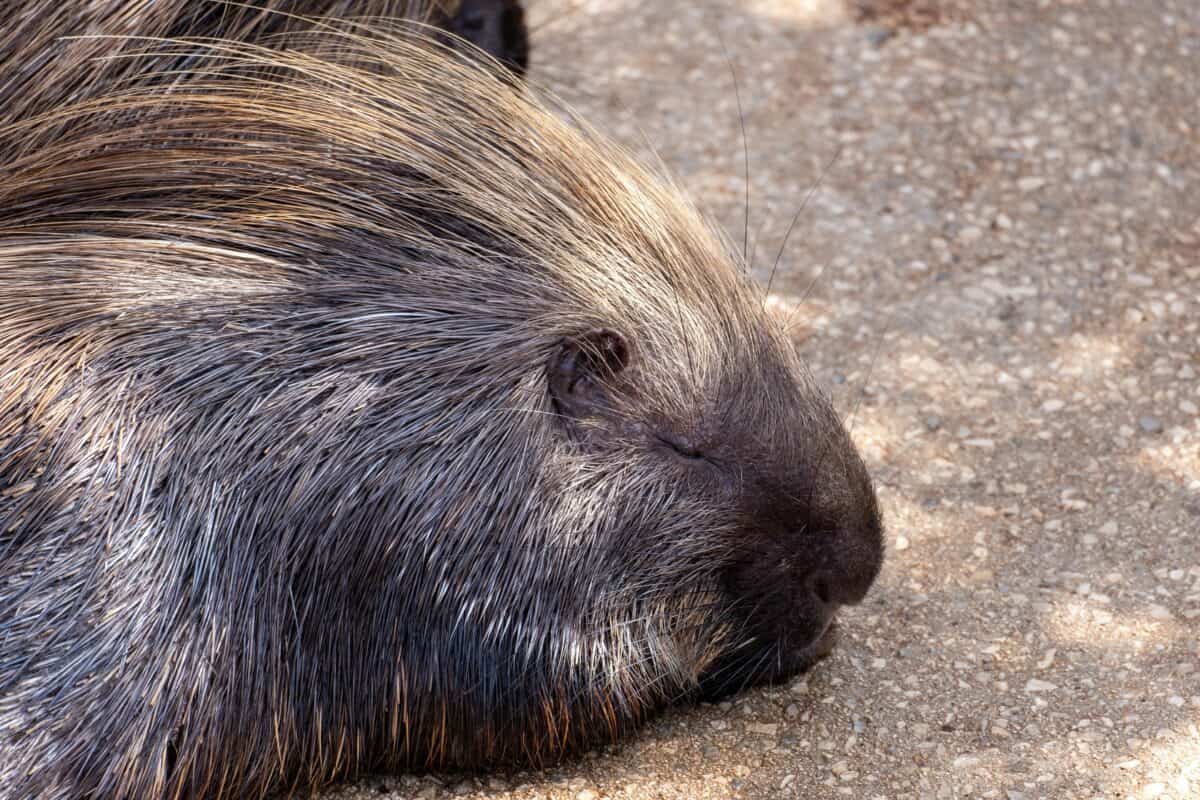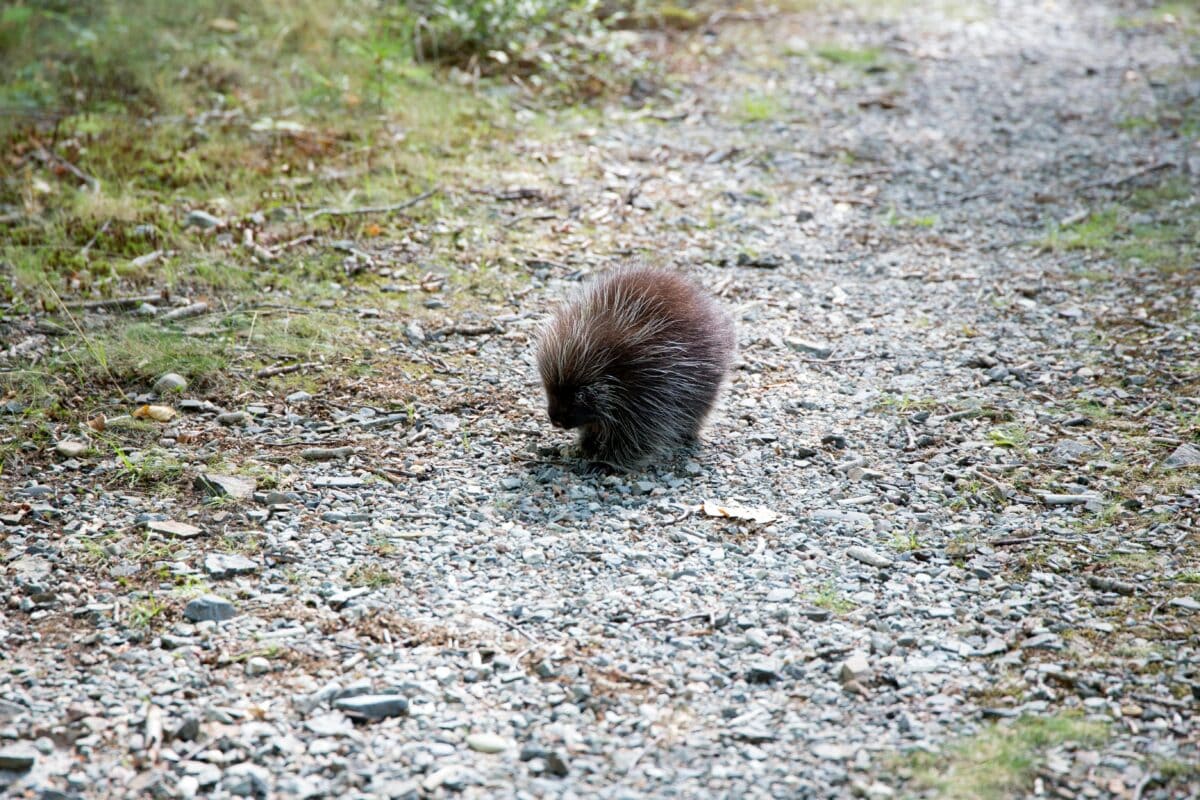The Fort Worth Zoo welcomed a fuzzy new arrival on May 17—a baby prehensile-tailed porcupine, or “porcupette,” born to proud parents Piper and Quilliam. Weighing just 404 grams (0.89 pounds), the newborn came into the world with soft red hair and no visible quills. That changed quickly.
Now just weeks old, the porcupette’s quills are beginning to emerge, offering some real prickly personality. Zoo staff say the baby is bonding closely with its mother and nursing regularly, showing strong signs of healthy development. According to handlers, the baby has nearly doubled in weight—a promising start for a species known for being shy and slow-growing.
DNA Test Will Solve the Gender Mystery

With prehensile-tailed porcupines, it’s not as easy as a quick glance to determine the sex. Because these animals have internal sex organs, zoos typically wait up to six months to determine gender. But Fort Worth Zoo is speeding up the process.
Staff will use a painless DNA test by analyzing one of the porcupette’s shed quills to identify the baby’s sex. Once the test results are in, the zoo will announce a name and likely a small celebration to introduce the porcupette to the public. The community is already watching closely, with social media followers throwing out name suggestions in the thousands.
What Is a Prehensile-Tailed Porcupine?
Native to Central and South America, prehensile-tailed porcupines are part of the rodent family. They get their name from their strong, grasping tails, which help them climb and hang from branches in their forest habitats. These animals are mostly nocturnal and spend much of their time in trees.
Their quills—yes, they have them—are barbed and used for defense, though they’re much less aggressive than their North American cousins. The Fort Worth Zoo participates in the Association of Zoos and Aquariums’ Species Survival Plan for this species, helping ensure genetic diversity and conservation of wild populations.
Baby Boom Boosts Conservation Efforts

The birth of the porcupette isn’t just adorable—it’s also a win for species conservation. Breeding programs like the one at Fort Worth Zoo play a critical role in protecting vulnerable species. While prehensile-tailed porcupines are not endangered, habitat destruction in the wild has led to population declines in some areas.
Zoo officials say every successful birth helps increase public awareness and builds stronger genetic lines for future generations. Plus, the buzz around this tiny baby helps shine a light on animals many people have never heard of.
- Bride Surprises Groom With Rescued Animals at Bachelor Party - August 7, 2025
- White Deer Duo Stuns Iowa Family on Backroad Drive - August 1, 2025
- Iguana Fell and Hit Florida Man in the Face During Cold Snap - July 18, 2025

